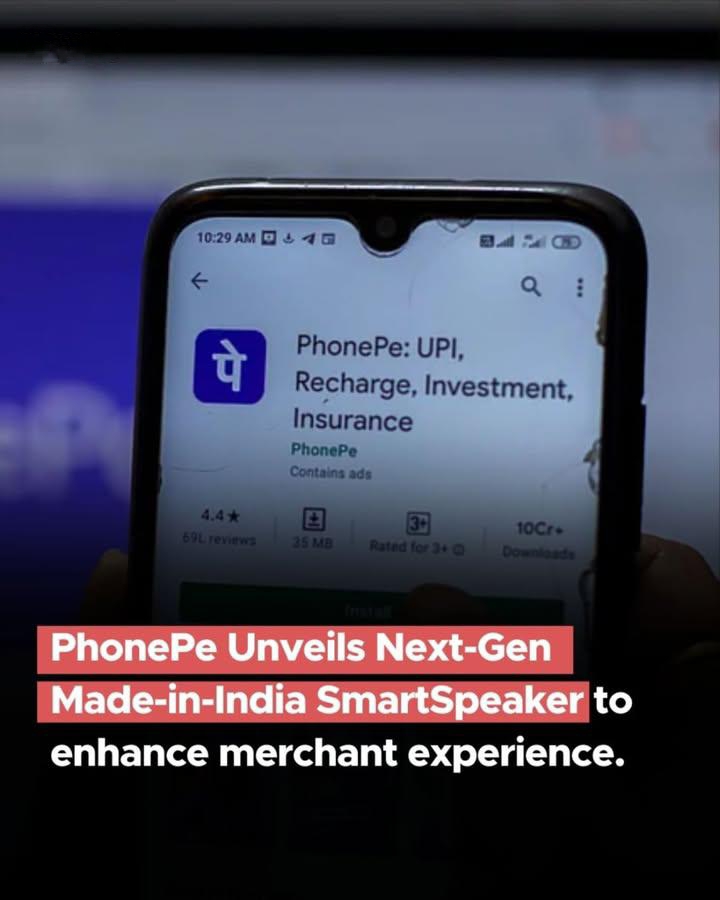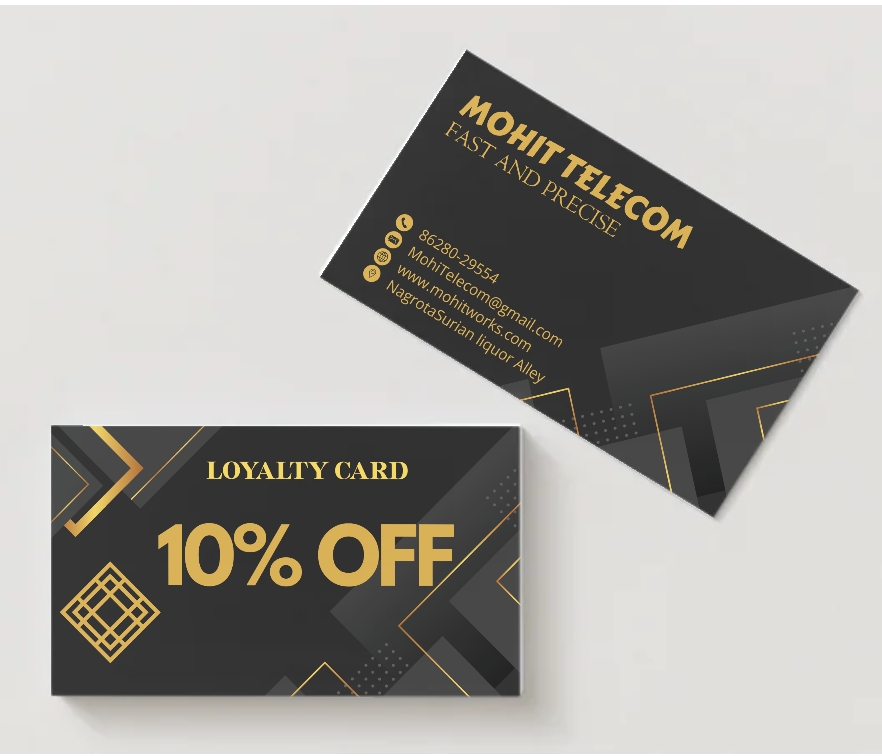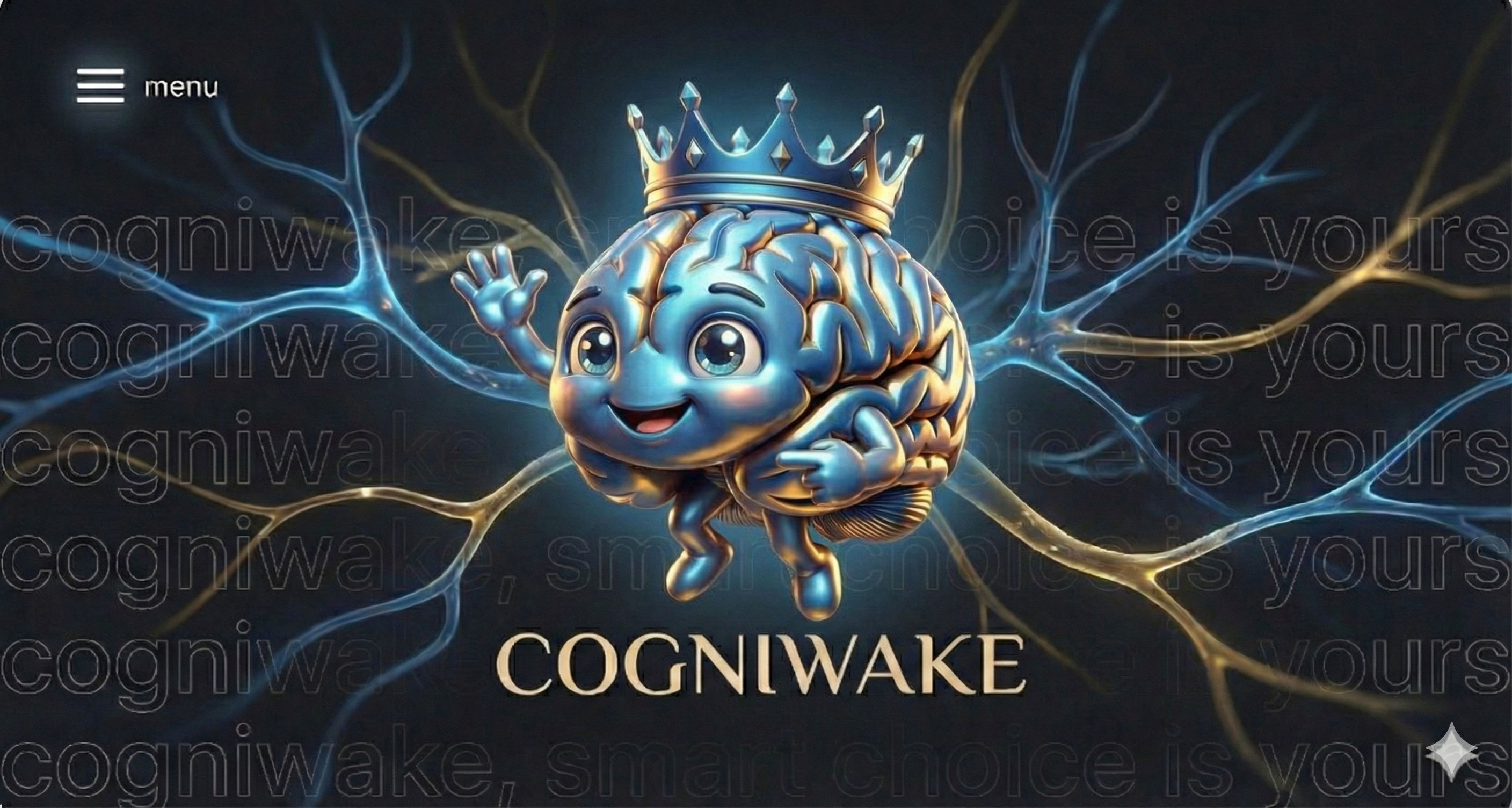Back
Aditi
Will become a inspir... • 9m
The Post-Purchase Puzzle: How Smart Brands Ease Buyer Doubts with Psychology” Cognitive dissonance is the discomfort people feel when their actions conflict with their beliefs or values. In business, it often occurs after a purchase—customers might question if they made the right choice. Smart companies reduce this tension through post-purchase strategies like follow-up emails, positive reviews, loyalty rewards, or money-back guarantees. For example, a brand may send a “You made a great choice!” message after a sale, reinforcing the buyer’s decision. This boosts satisfaction, trust, and brand loyalty. Sales teams also use it—highlighting how a product aligns with the buyer’s identity or goals. Understanding and managing dissonance helps businesses turn uncertainty into confidence and long-term relationships.
More like this
Recommendations from Medial
aniket kumar
Founder at Atmaniti • 1y
A life letter for each of you..... Everything besides,u made rrright choice, Learn to deny what u don't like,not comfy whatsoever, the offer never mind, once the world knows ur limit, they approach you the way u like, oh it's attitude, altitude, Eve
See MoreMayank Rajput
Digital Marketing le... • 1m
🇮🇳 Why Made in India Matters — A Small Choice, A Big Impact When you buy Made in India products, you’re not just shopping — you’re investing in India. ✅ More jobs for Indians Indian companies hire Indian workers. Your money supports families, not
See MoreSuman solopreneur
Exploring peace of m... • 1y
Thorndike’s experiment with cats showed how the environment shapes behavior. Cats learned to pull a lever to escape, reinforcing that the most obvious and rewarding option drives choice. In choice architecture, this applies as: 1. Environment influ
See MoreDownload the medial app to read full posts, comements and news.


















/entrackr/media/post_attachments/wp-content/uploads/2021/08/Accel-1.jpg)




















